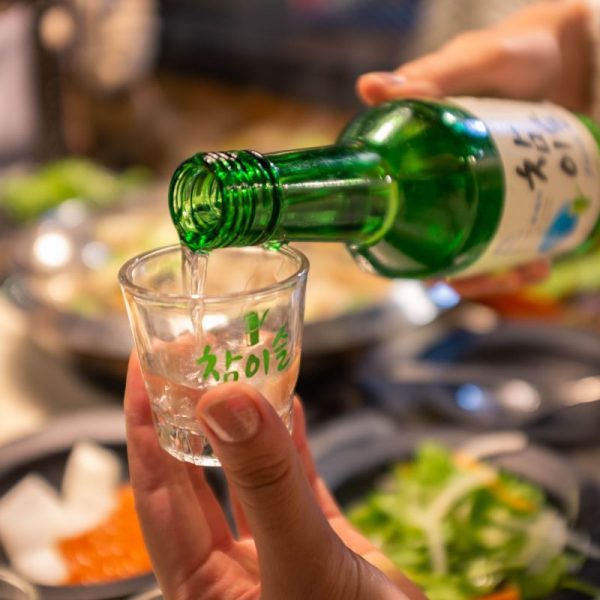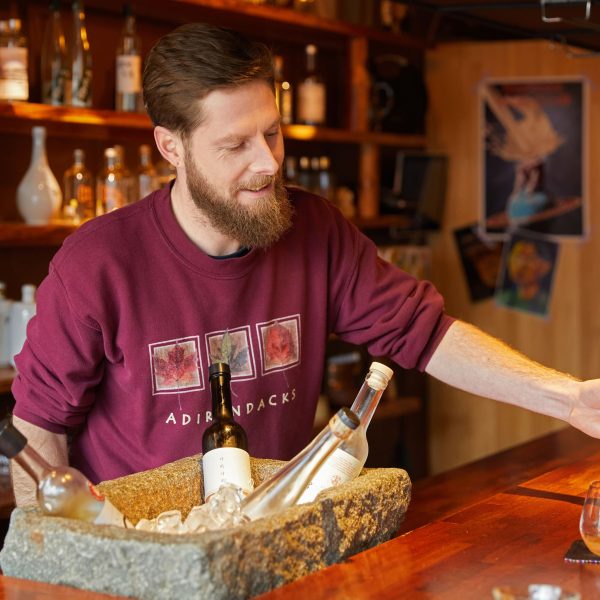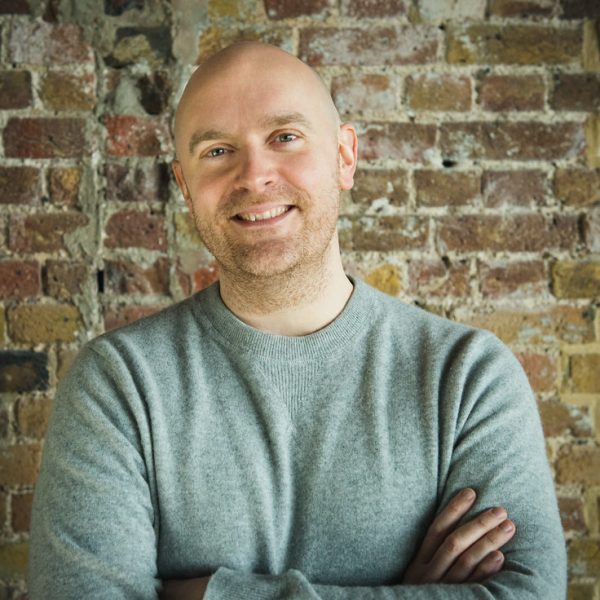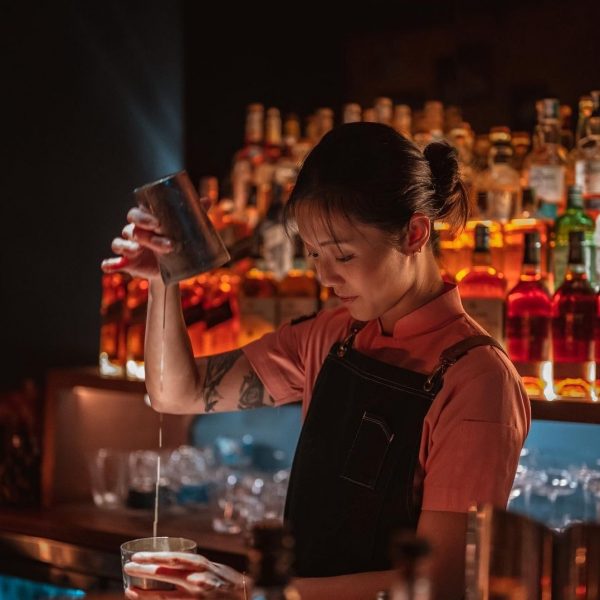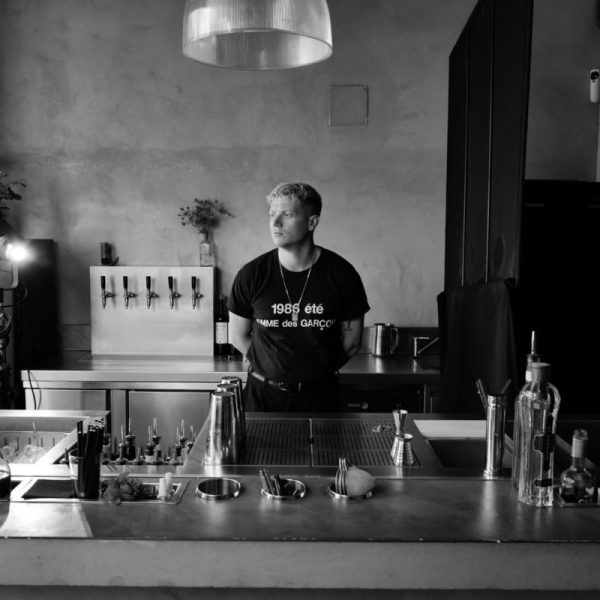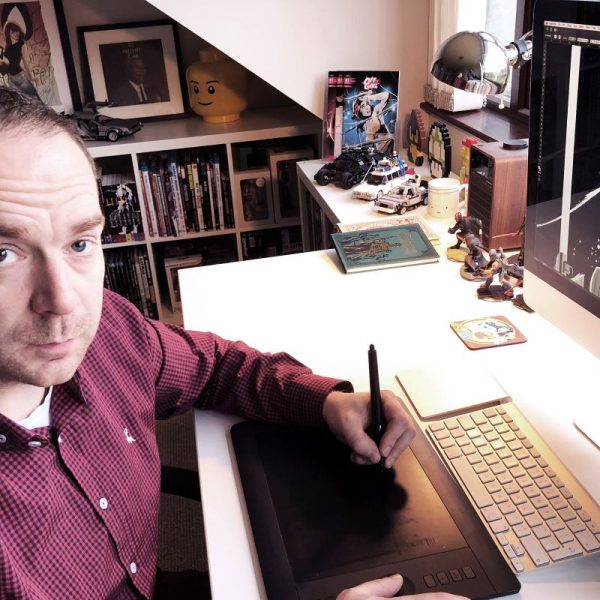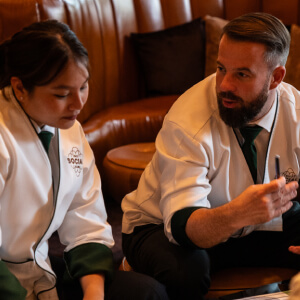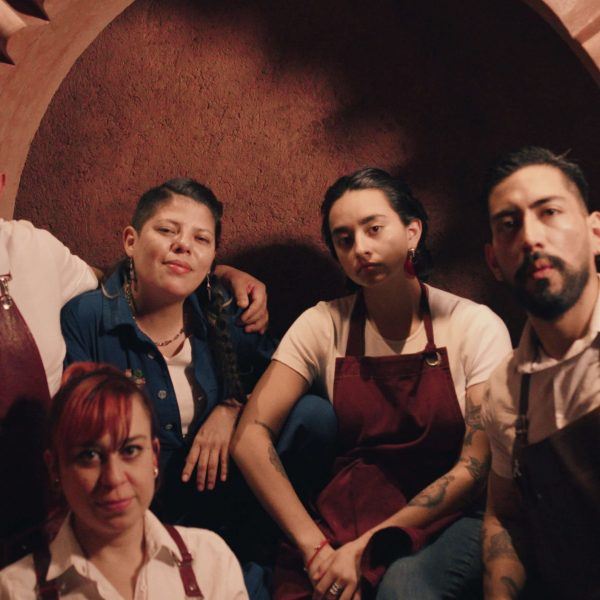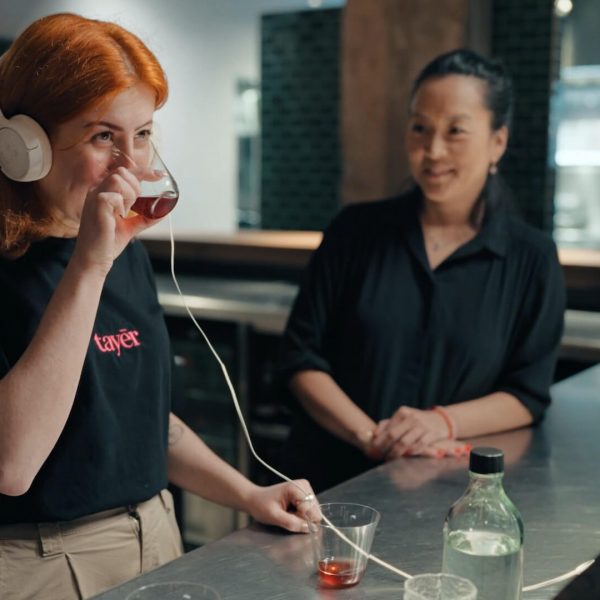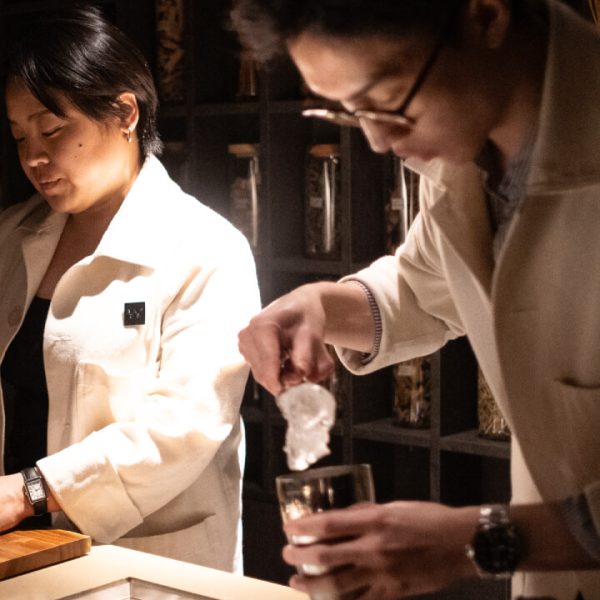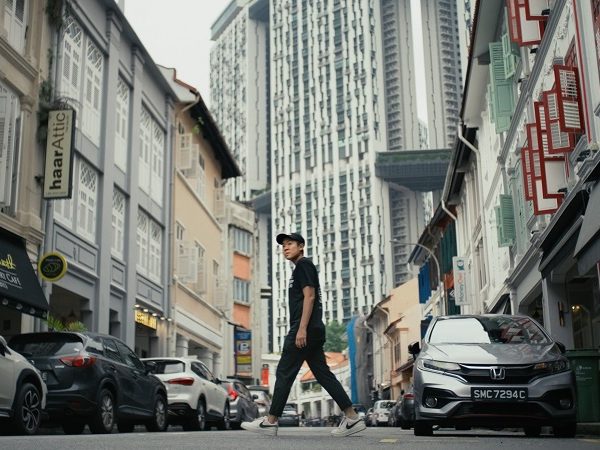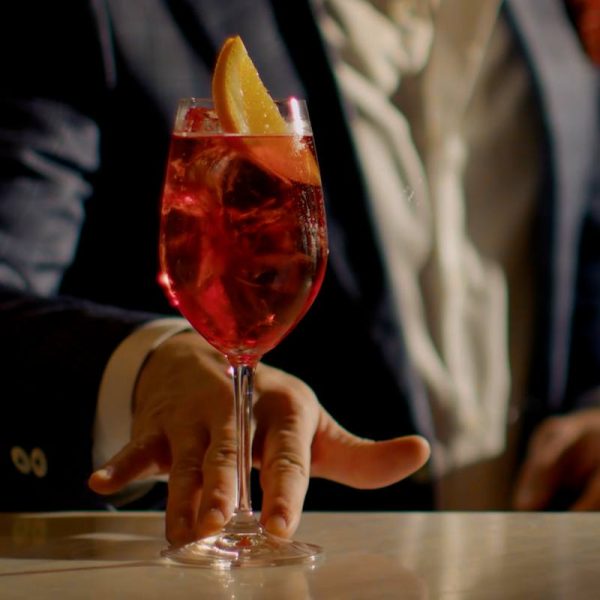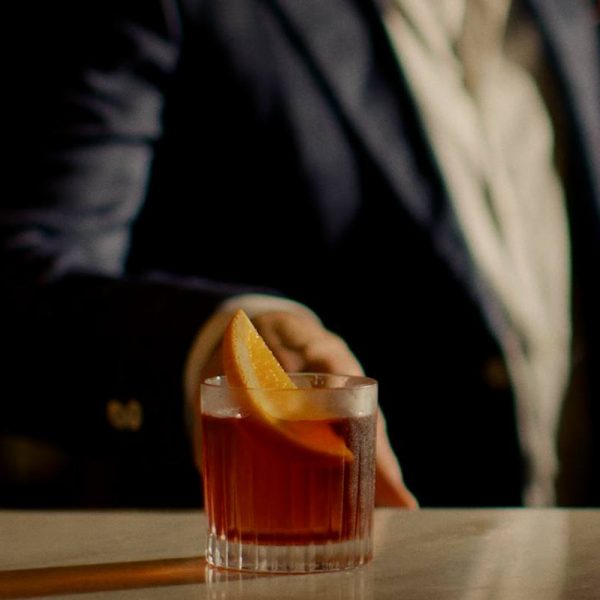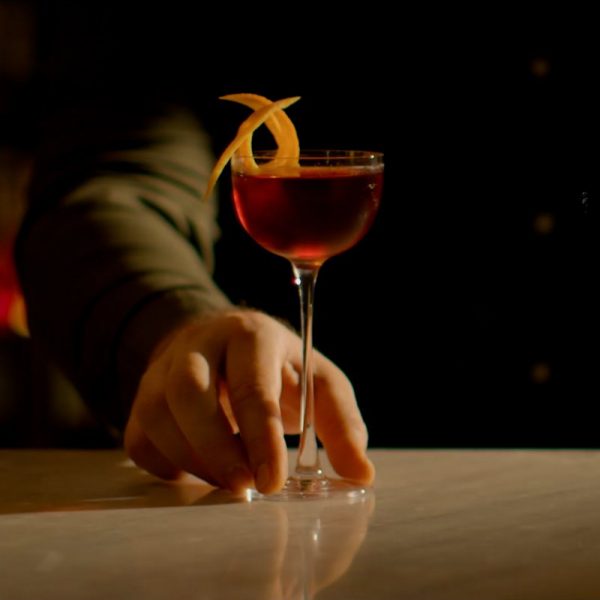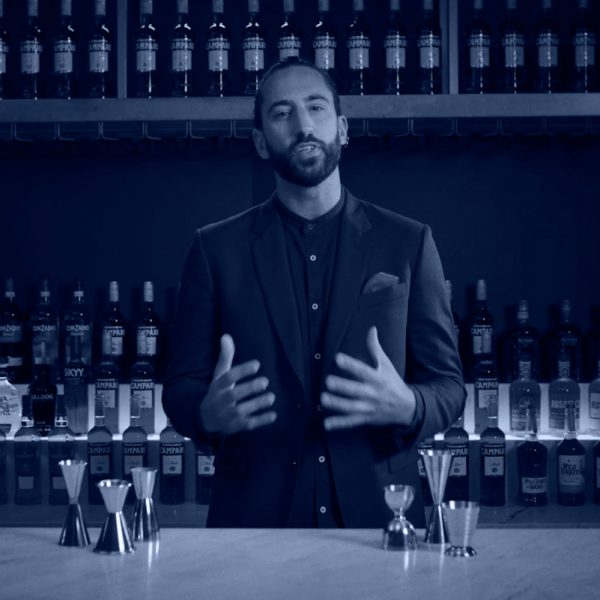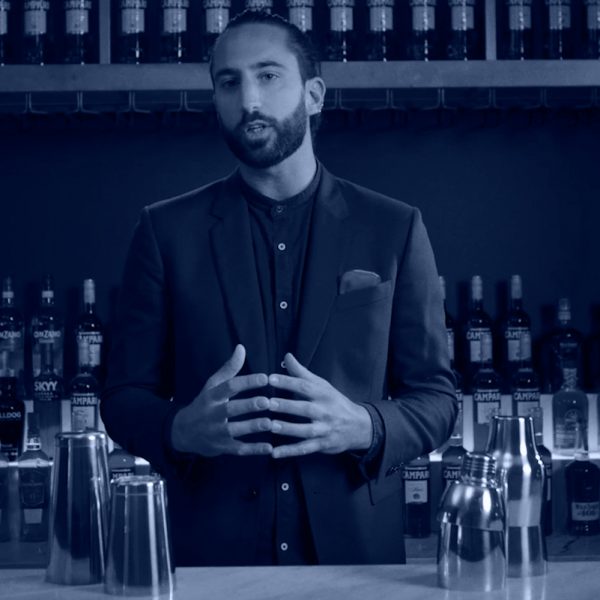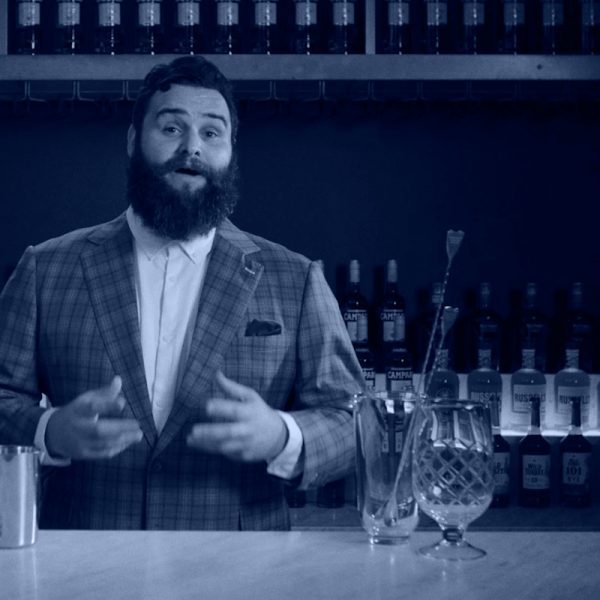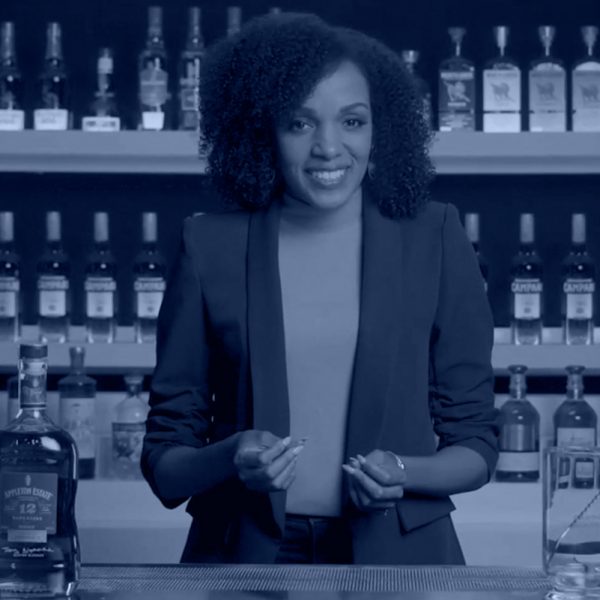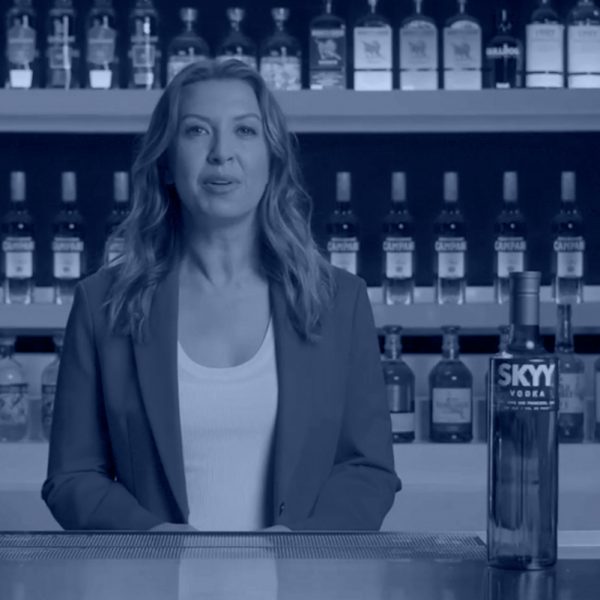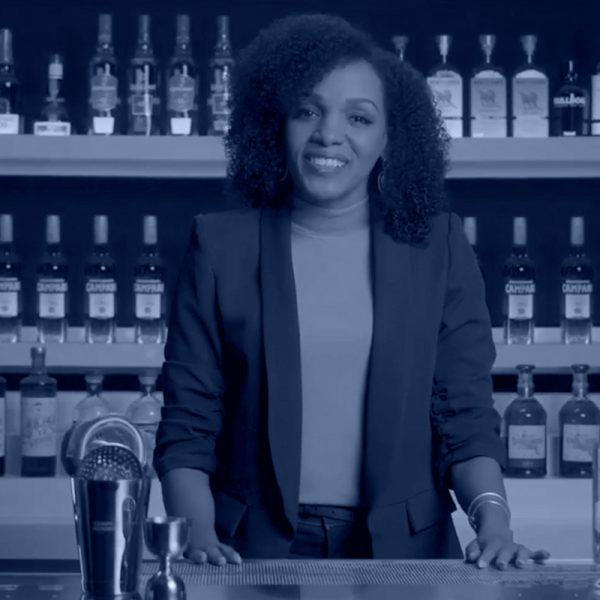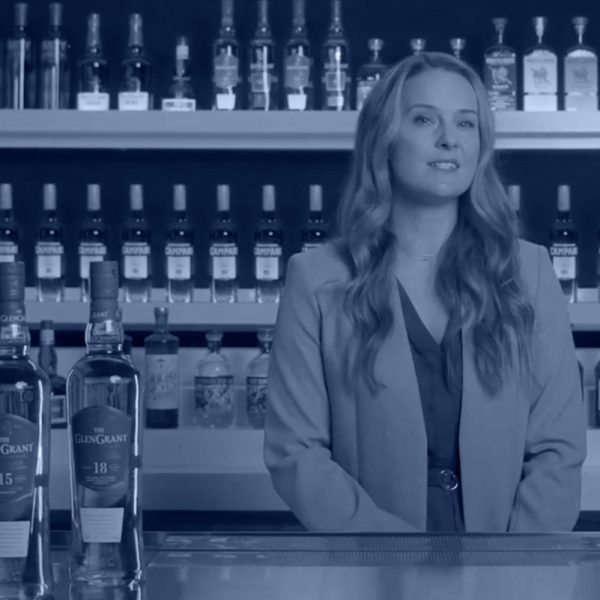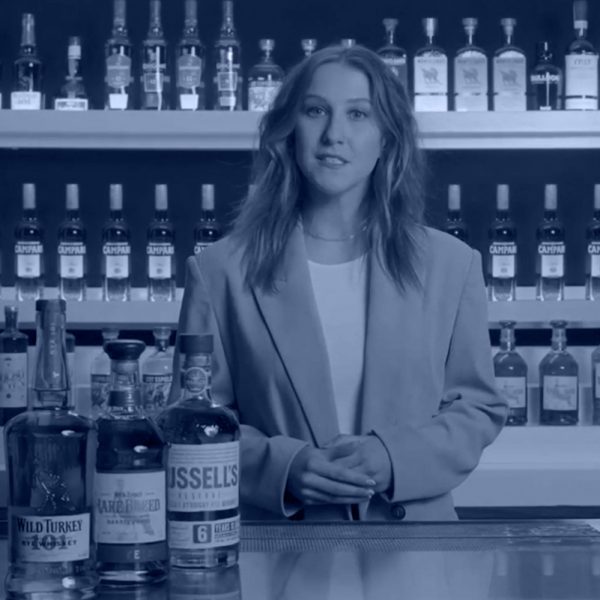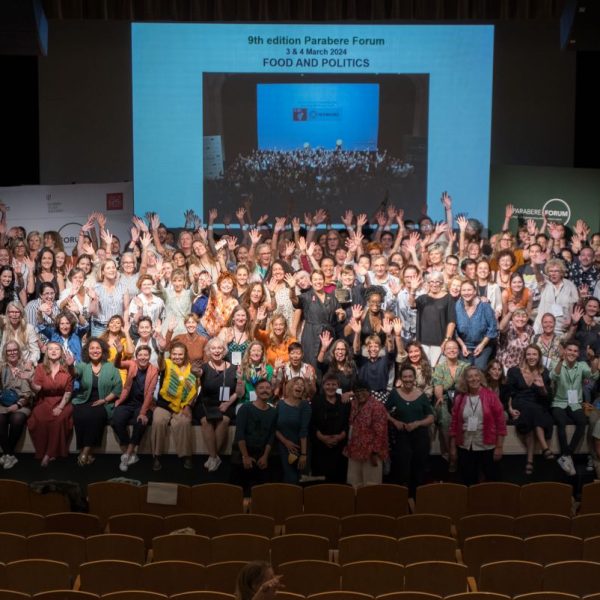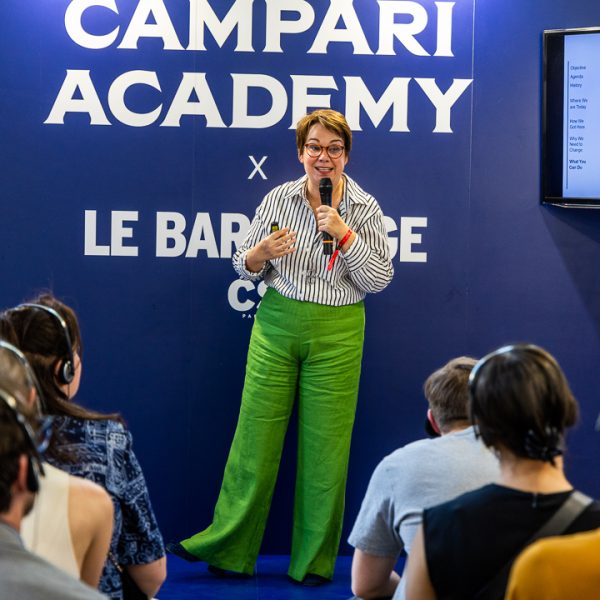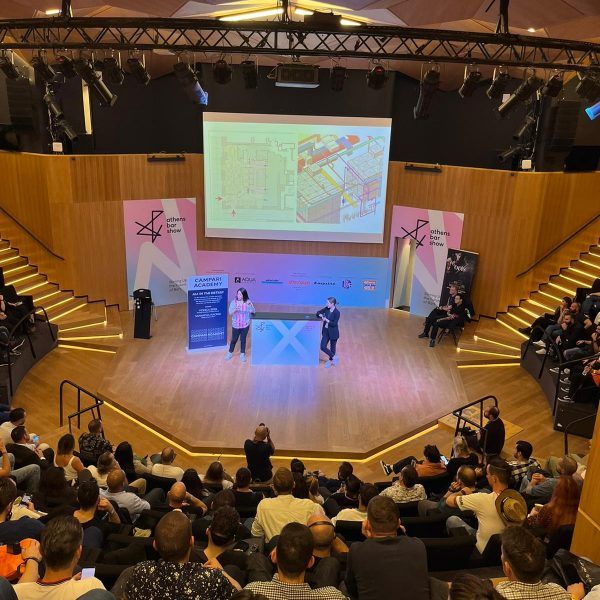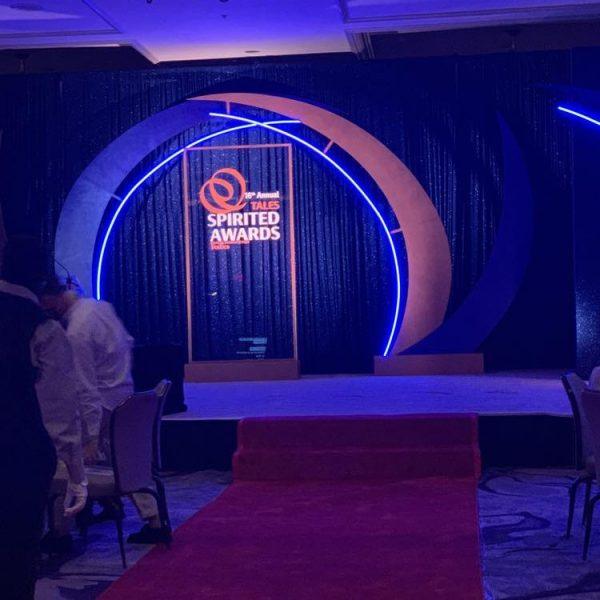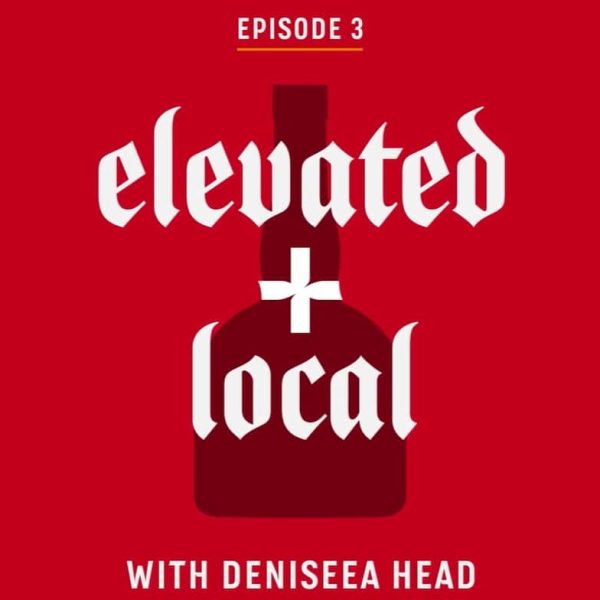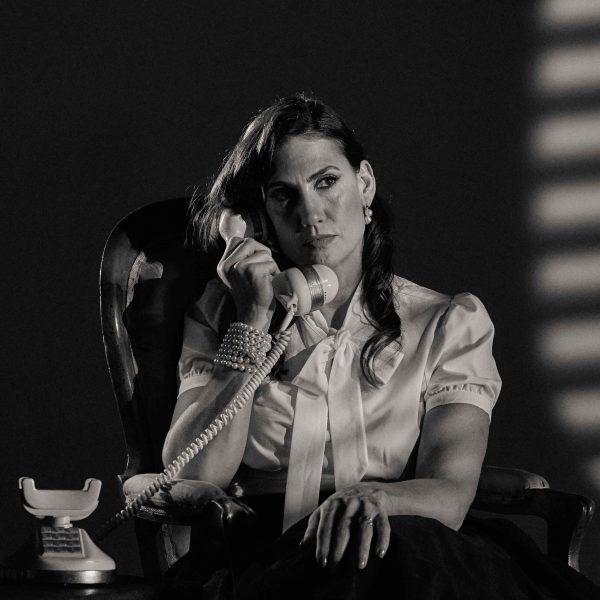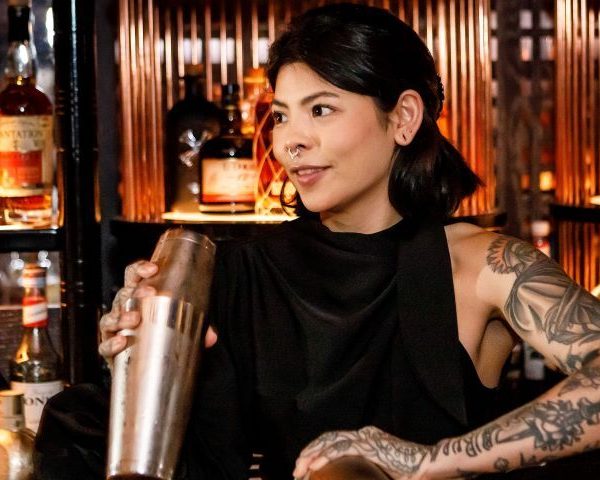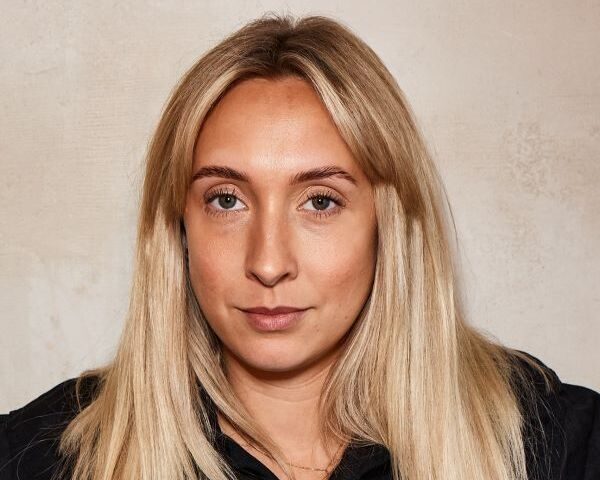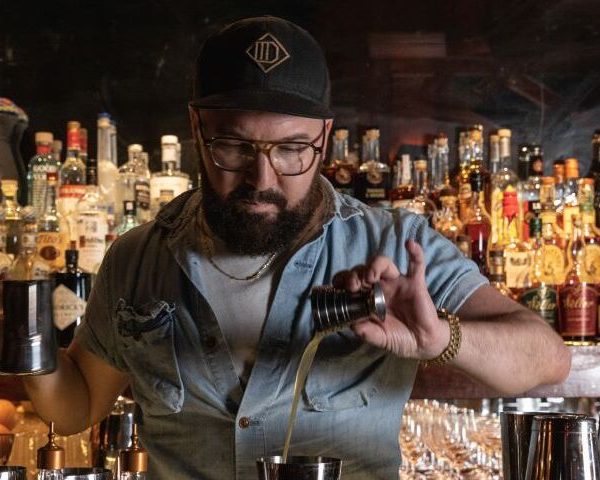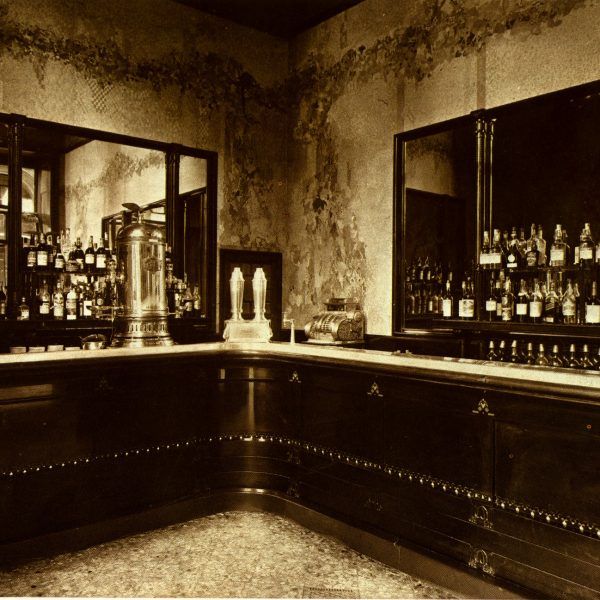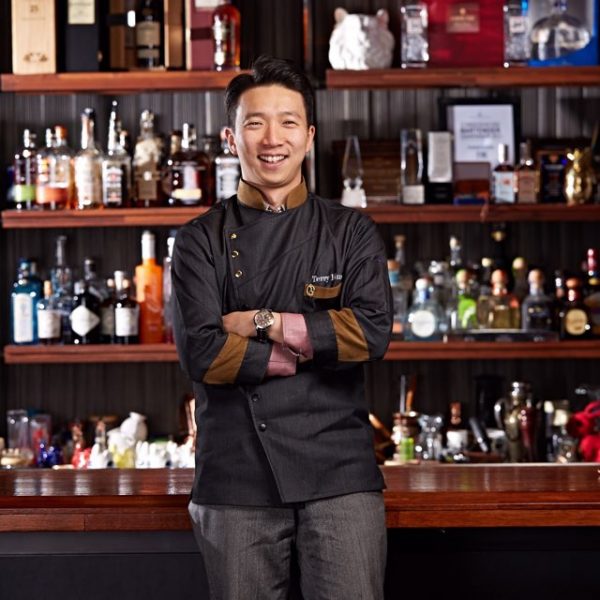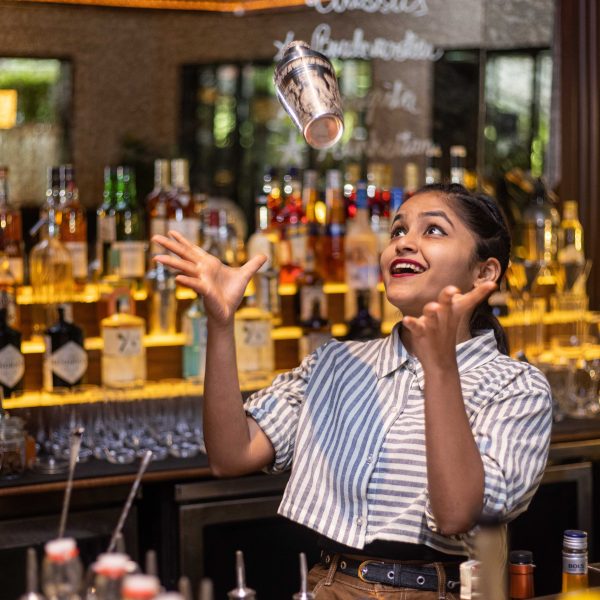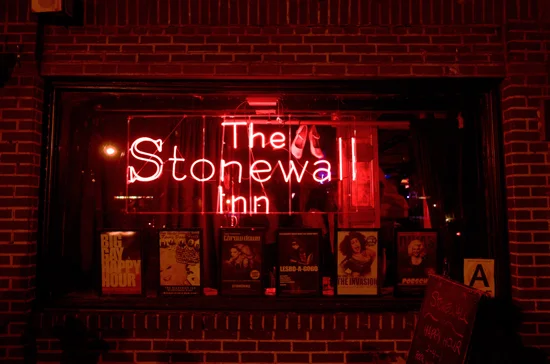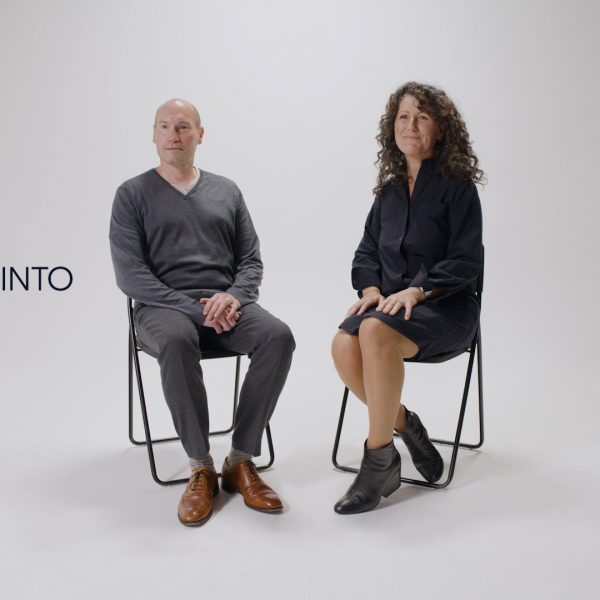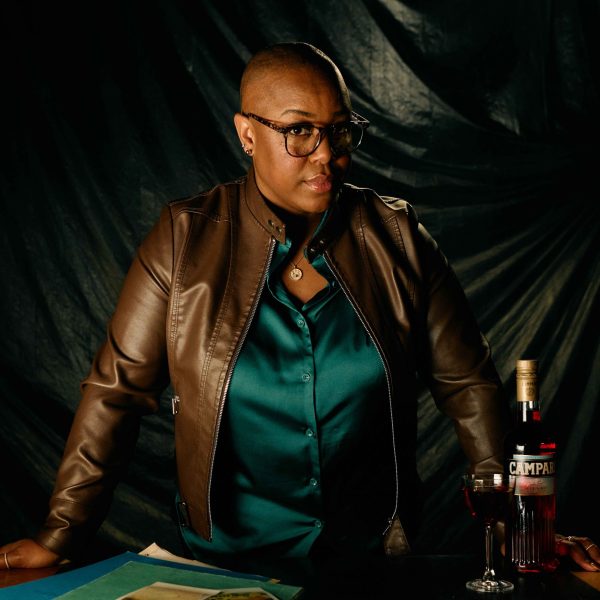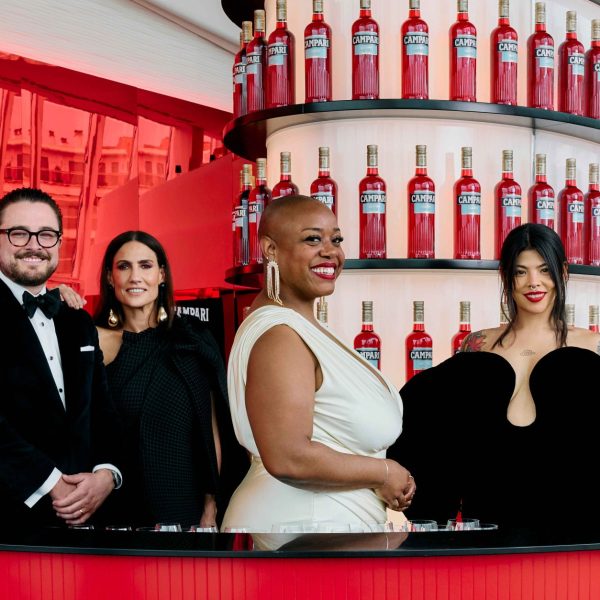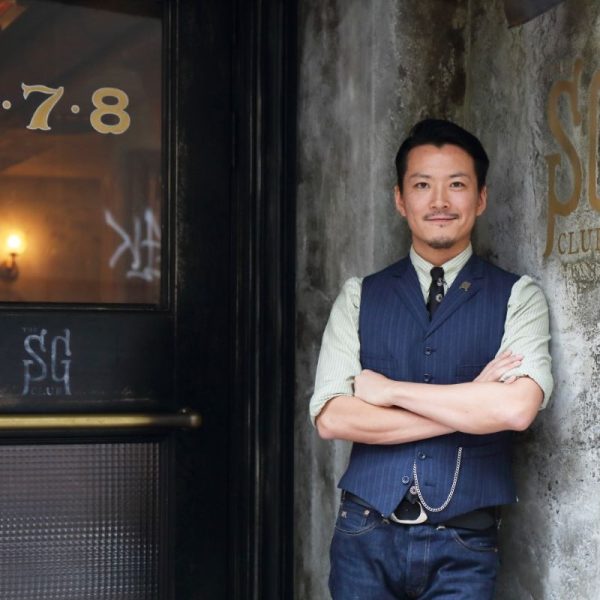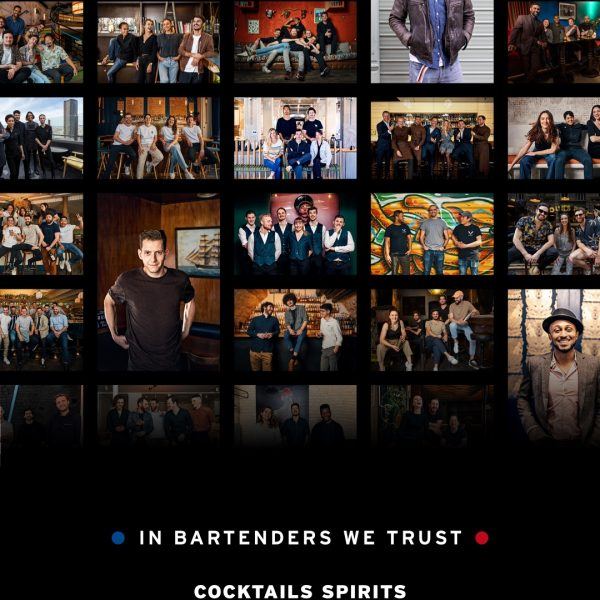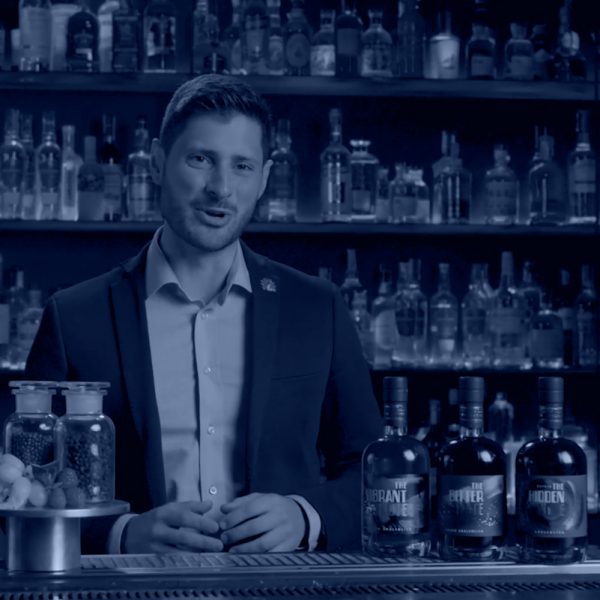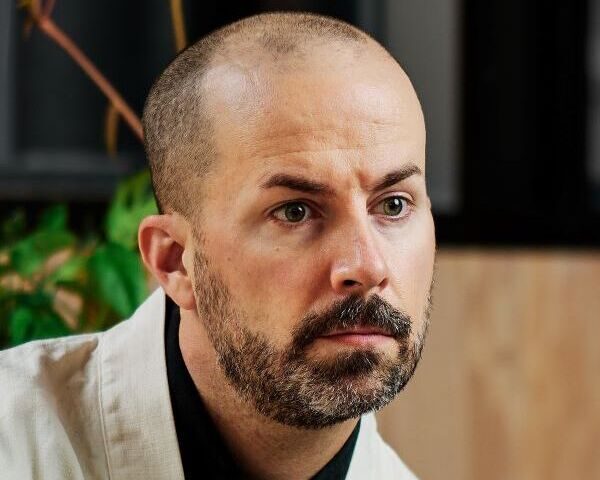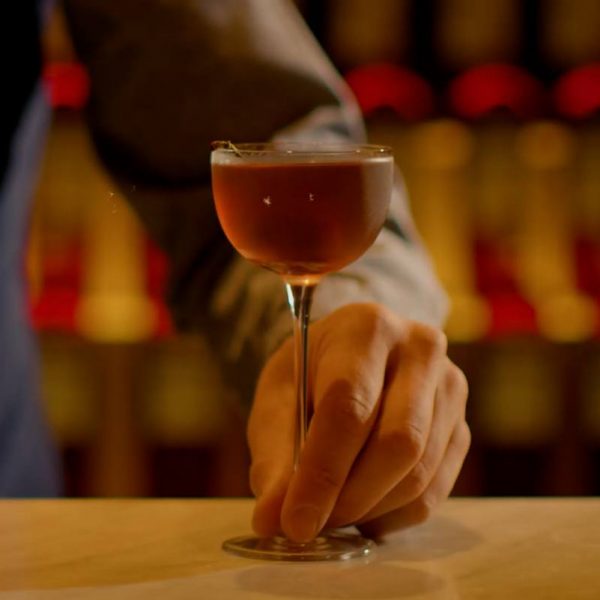Minakshi Singh: I overcame challenges to build my bar business in India – I hope other women can too
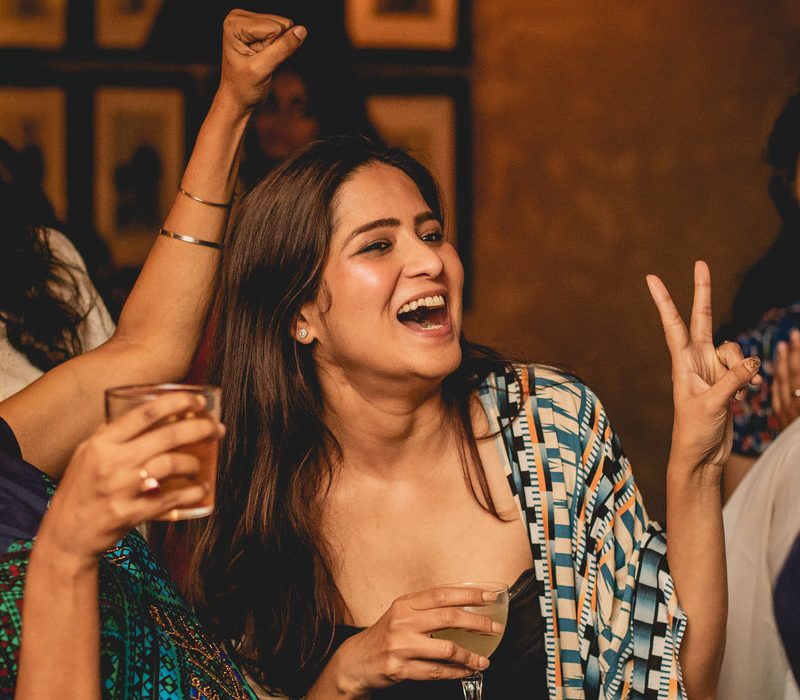
The co-founder of India’s Cocktails & Dreams Speakeasy and Sidecar bars, Minakshi Singh, is a vocal leader in a market where being a woman behind the bar comes with legal and cultural implications. She explains how, against she odds, she built her businesses
I began my journey in this industry while I was studying at hotel school, freelance bartending at events to earn some extra money. Over the next year, as I progressed, I realised just how much I enjoyed bartending, and – having graduated with a place on a hotel management training programme – started bartending full time.
At that time in India (the mid-2000s) classic cocktail bars were few and far between, and those that did exist were in five-star hotels. The approach to bartending was also more towards flair, and less towards classics or modern mixology. There were, however, a handful of well-known bartenders and bar schools at the time, and India was just opening up to international brands which were bringing in a lot of trainers and brand ambassadors.
Visibility is extremely important. If you don’t see people like you in an industry, it’s hard to see yourself in it.
My own knowledge of the industry was limited and whatever information I did have on the global bar scene was from newsletters (I was an ardent follower of Gary Regan, Dale DeGroff, Camper English, and other industry legends). I wanted to build a business in India, because we’d never had any cosy, neighbourhood bars that served cocktails. Infact, before we founded our first bar (Cocktails & Dreams Speakeasy) in 2012, there were no bars owned and run by bartenders.
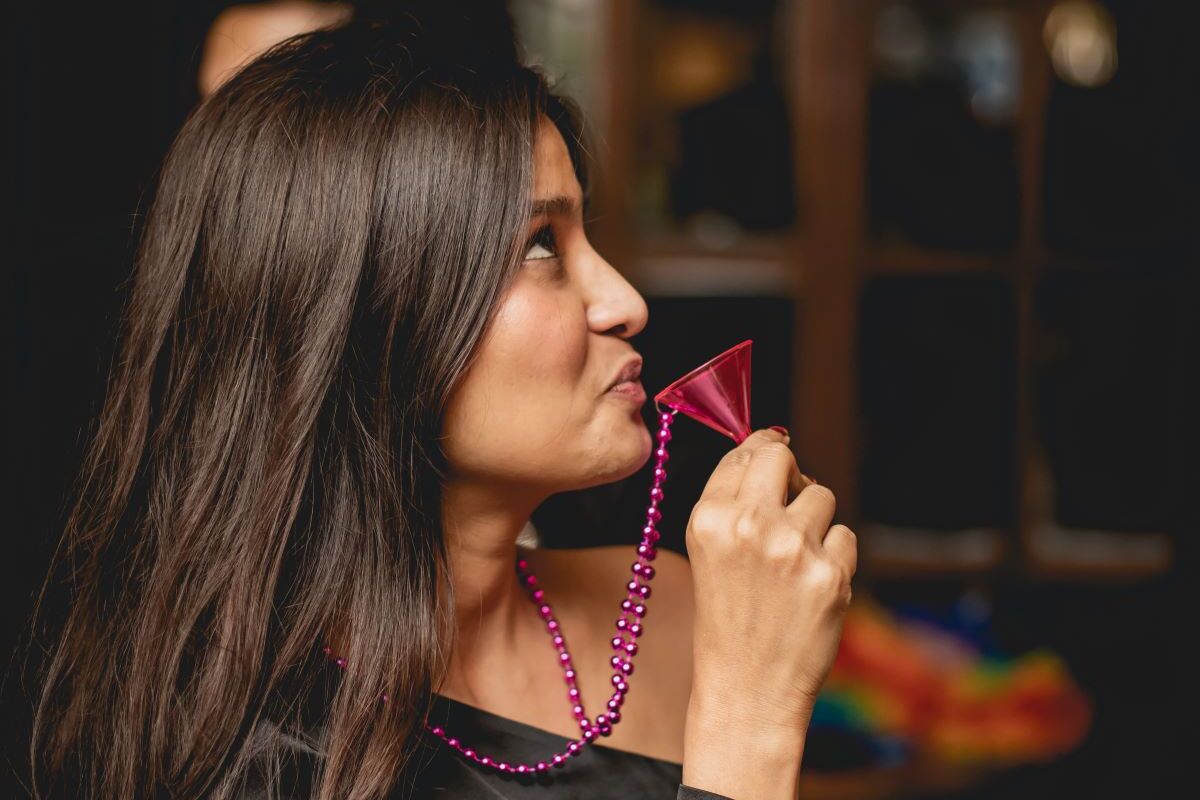
For the first four years in the industry, I only met one woman – Ms Shatbhi Basu – who was an established bartender and trainer. Visibility is extremely important. If you don’t see people like you in an industry, it’s hard to see yourself in it.
Post-Covid, a lot more younger women, and college graduates, have joined the industry as well, and it’s heartening to see that.
As a woman behind the bar, I got of stares, or was asked if I was in the right place. I soon realised why – in India, women could not legally bartend. The law was upturned as late as 2010, and even now in some states in India, women are not allowed to serve alcohol legally.
Thankfully, the attitude since has changed a lot (at least in the metropolitan areas and big cities of India). The last 10 years has seen a supersonic growth for us all, in terms of bars, talent, gender gap issues, quality and demand for good products. Now you can see many more women in leadership roles and owning businesses as well. Post-Covid, a lot more younger women, and college graduates, have joined the industry as well, and it’s heartening to see that.
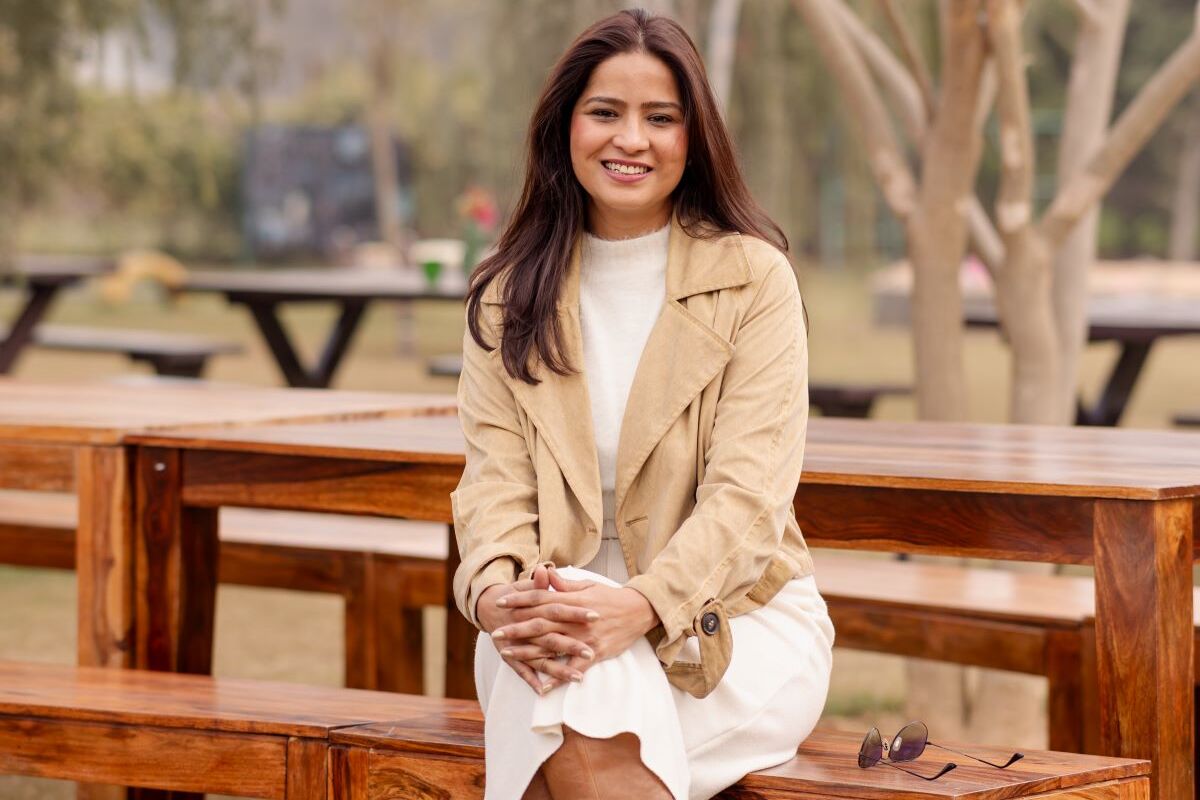
There are still some real-world barriers to women working in the industry in India though. The first is safety and security, probably our biggest deterrent as the responsibility of this lies on the employer which means the cost of employing women automatically goes up. As a result, you still see more women working in hotels, as they have much better infrastructure to support them, like night pick ups and drop offs.
Initially when we would meet the government authorities for licences or other paperwork, they would assume I was someone’s secretary.
The second biggest issue I see is the lack of exposure and opportunity. Since it’s still a pretty new legislation in India for women to work in this industry, it will take time for women to establish businesses or stay the course – as such, I feel very strongly that we all need to support the cause strongly.
I, of course, have come up against challenges while establishing my career. While setting up the business, my biggest challenge was for people to take me seriously. I was 28, and a woman – and a pretty vocal one at that. Every time I tried to put my point across, there were very few who listened or paid heed. Initially when we would meet the government authorities for licences or other paperwork, they would assume I was someone’s secretary. That infuriated me quite a lot, but it also taught me how to get the work done, and calmly handle situations with maturity.
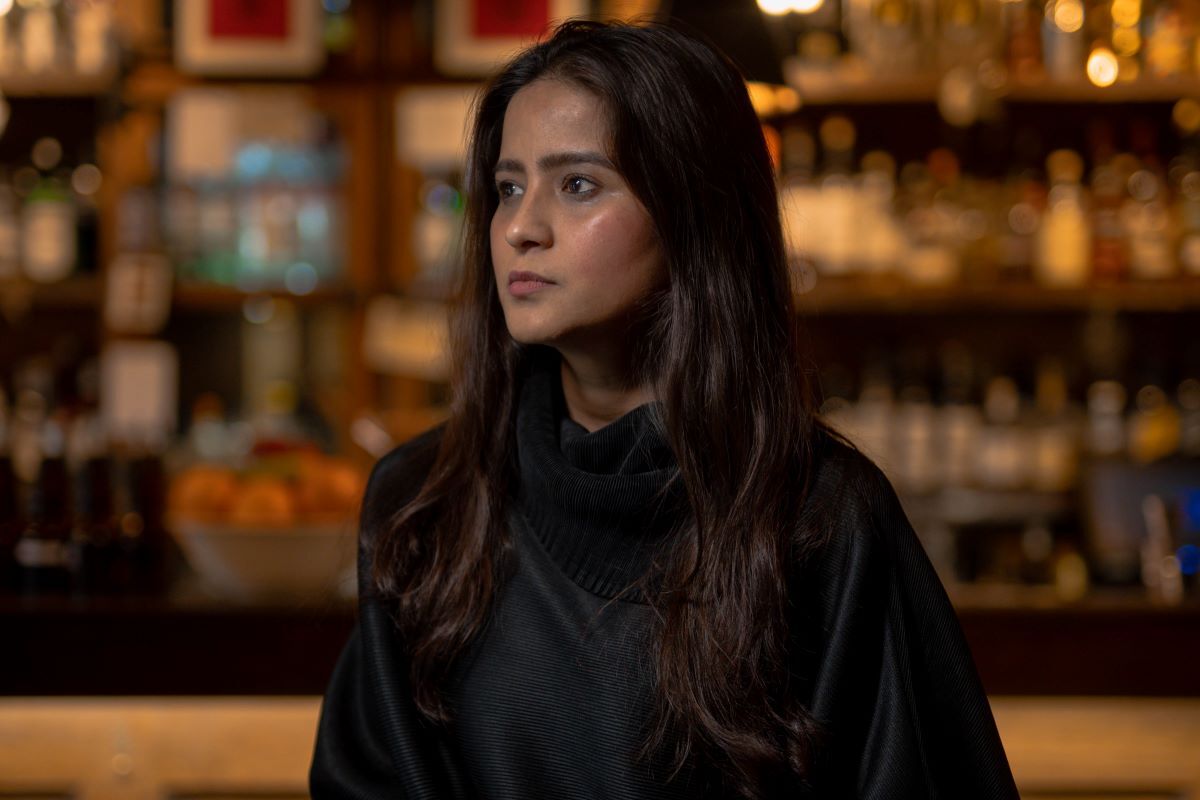
The other bit which was tough being a woman in our business were the sexual assumptions around women who work in the alcohol industry, typically because of the nature of our product, but also, because of the huge cultural baggage we come with. It’s still not legal to advertise alcohol in India and we have many laws and regulations on its sales, distribution and taxes. On top of that you add a woman selling it? It’s going to be contentious.
No matter what you’re doing, or which stage you’re at, remember that it’s very much possible.
Luckily, I have had a massive amount of support from my parents, and thankfully, my husband, who has given me so much encouragement throughout my career. He is a wonderful father to our six-year-old, where I feel he has covered a lot of time on my behalf. You learn to start leaning and asking for help from your friends and loved ones more, and it’s absolutely fine to do so: it’s tough to manage being mother along with all the work.
I have been working now in this industry for 20 years and I still have to prove my worth, my standing, my subject knowledge – it gets tiring. But I would say: “Never stop dreaming.” I wanted to open a bar at the age of 18, and I did it at 28. I was so passionate about my dream, I could taste it, it was that real to me. No matter what you’re doing, or which stage you’re at, remember that it’s very much possible.

